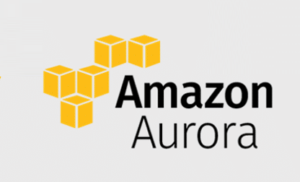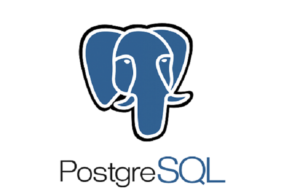
AWS Cancels Serverless Postgres Service That Scales to Zero

AWS has notified customers of its Amazon Aurora Serverless v1 service that it will cease supporting the offering at the end of 2024. Replacing v1 in the Aurora Serverless range, which supports Postgres and MySQL databases, will be v2, which offers some advantages but also one big disadvantage: It doesn’t scale all the way down to zero.
Amazon Aurora is the hugely successful relational database service launched by AWS in 2014. It debuted with MySQL compatibility, and support for Postgres was added in 2017. The database, which is part of AWS’s Relational Database Service (RDS), has been so widely adopted that, a couple of years ago, AWS declared Aurora the fastest growing service ever in the history of the company. Considering the continued momentum behind Postgres, it’s likely the AWS service has continued to grow at a breakneck speed.
In 2018, AWS rolled out a serverless version of Aurora, which enabled the database to scale up and down in response to application demand. Many customers appreciated that Aurora could scale all the way down to zero–essentially turning itself off–when there was no demand for the database, and automatically wake itself up when called into duty.
That function was a feature of Aurora Serverless v1. Last week, AWS began notifying customers that Aurora Serverless V1 would cease being offered as of December 31, 2024.
“We are only announcing the end of support for Serverless v1,” the note from AWS read, according to several customers who shared the note on the Internet. “Aurora Serverless v2 continues to be supported. We recommend that you proactively upgrade your databases running Amazon Aurora Serverless v1 to Amazon Aurora Serverless v2 at your convenience before December 31, 2024.”
Aurora Serverless v2, which AWS unveiled in April 2022, does have several features that v1 lacks, including support for replicas, logical replication, and–thanks to a major update AWS delivered just over a month ago at re:Invent–global databases that can scale up to support million of writes per second.
Aurora Serverless v2 also sports the new RDS data API, which AWS unveiled last week and which allows customers to connect to the Aurora database via REST (only Postgres is supported at the moment).
“You can now access these Aurora clusters via a secure HTTP endpoint and run SQL statements without the use of database drivers and without managing connections,” AWS says in its December 21, 2023 announcement.
However, Aurora Serverless v2 lacks one big feature that is a part of Aurora Serverless v1: The capability to scale all the way down to zero. That rubs some Aurora customers the wrong way.
“Goodbye to a relational database that could idle down to zero on its own,” wrote Ganesh Swaminathan, head of cloud solutions architecture at JPMorgan Chase & Co, in a tweet on X (formerly Twitter). “Hello to double the bill (or more)…”
“I’m pretty disappointed that Aurora Serverless V2 cannot seem to scale to 0 ACU,” writes a Reddit user known as zmose. “Ya know, what ‘serverless’ is supposed to mean? I think it ends up being around like $50/month at minimum.”
Related Items:
Postgres Rolls Into 2024 with Massive Momentum. Can It Keep It Up?
Microsoft Benchmarks Distributed PostgreSQL DBs
AWS Working to Scale Aurora DB Writes Globally, Like Spanner



























